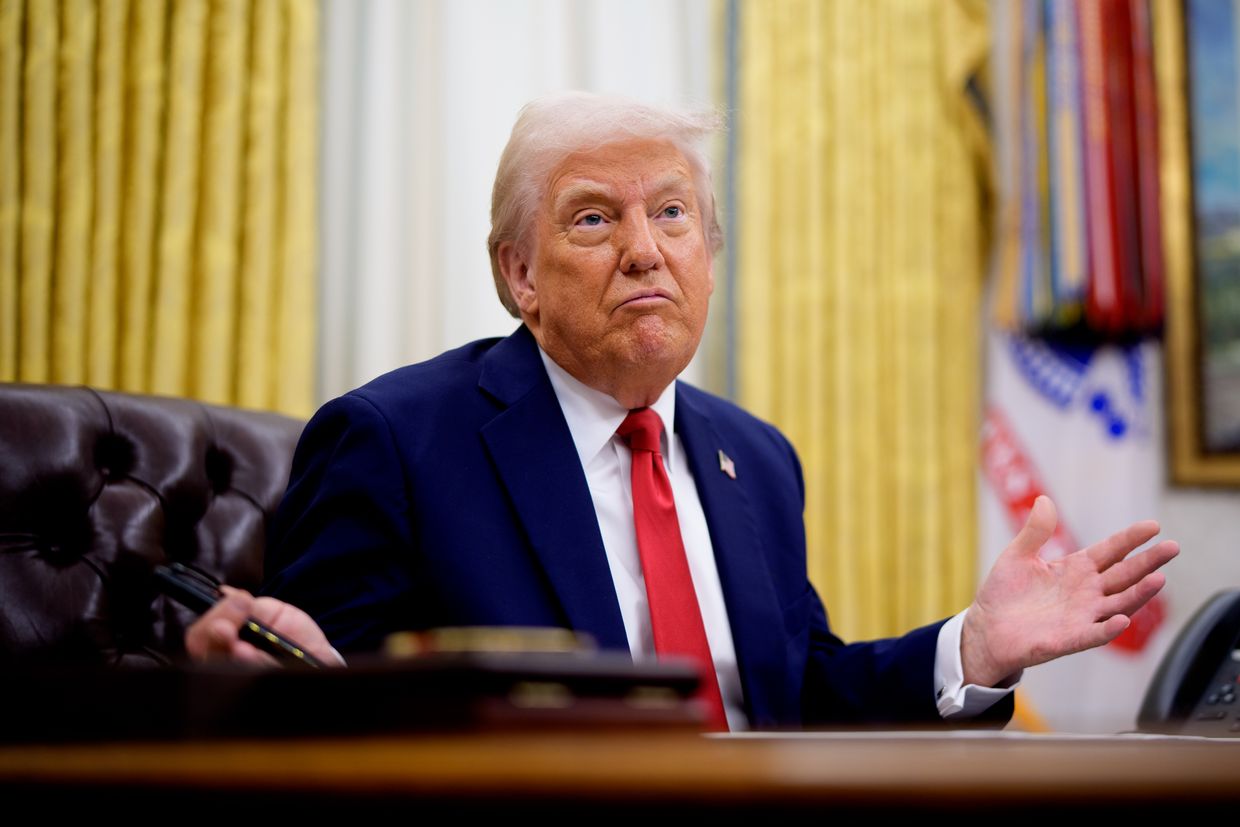Denmark to send unarmed soldiers to Ukraine for drone warfare training

The Danish Armed Forces plan to send unarmed troops to Ukraine for short-term training courses to study the country's drone warfare tactics, Major General Peter Boysen, Denmark's commander-in-chief, told state broadcaster TV 2 on April 16.
While several NATO countries have trained Ukrainian forces abroad, no official reports have confirmed the presence of foreign troops inside Ukraine for training purposes.
The courses, expected to begin as early as this summer, will take place at training centers in western Ukraine and will not involve direct combat.
"We're sending some teams down to see what experiences the Ukrainians have had — first-hand," Boysen said. "They are not going there to actively participate in the war."
Boysen, who has visited Ukraine twice in recent months, said the initiative is being launched at the invitation of Ukrainian Commander-in-Chief Oleksandr Syrskyi.
"In the 42 years I have been in the Armed Forces, I have not experienced things moving as fast as they are right now," Boysen said, referring to advances in unmanned systems and combat tactics driven by Ukraine's experience with drone warfare.
Both Ukraine and Russia have come to rely heavily on drones for reconnaissance, artillery spotting, and targeted attacks. Denmark sees the conflict as a live testbed for modern warfare.
The training program will involve teams from different Danish military regiments. Courses will last one to two weeks and be conducted far from the front line, possibly near Lviv.
Boysen emphasized that Ukraine has robust air raid warning systems and shelters, saying, "I've spent time in one of them in Kyiv myself."
The move drew sharp criticism from the Russian Embassy in Copenhagen. Russian Ambassador Vladimir Barbin called the decision a provocation, warning it would "drag Denmark deeper and deeper into the conflict in Ukraine."
"(F)acilities, including headquarters, training and education centers, as well as locations of military personnel and military equipment, both deep inside Ukrainian territory and on the front line, are a legitimate target for the Russian Armed Forces," Barbin said.
Separately, European allies are discussing plans to deploy a "reassurance force" in Ukraine after a potential ceasefire to secure Ukrainian strategic facilities in the rear. Copenhagen signaled interest in taking part in the effort.
Denmark has been a key backer of Ukraine since the start of Russia's full-scale invasion in 2022. In February 2024, Copenhagen signed a 10-year bilateral security agreement with Kyiv, pledging long-term defense cooperation until Ukraine secures NATO membership.













